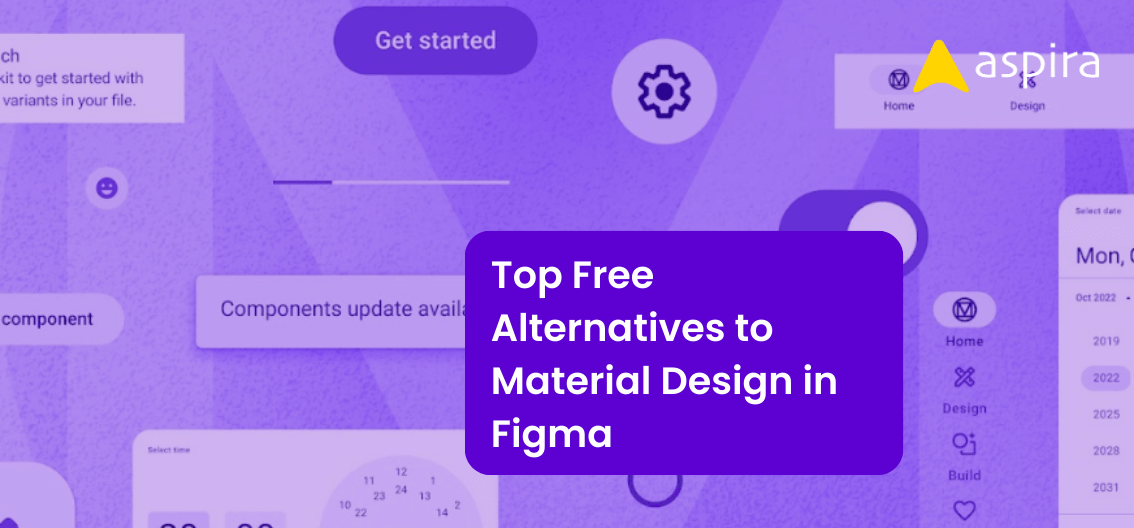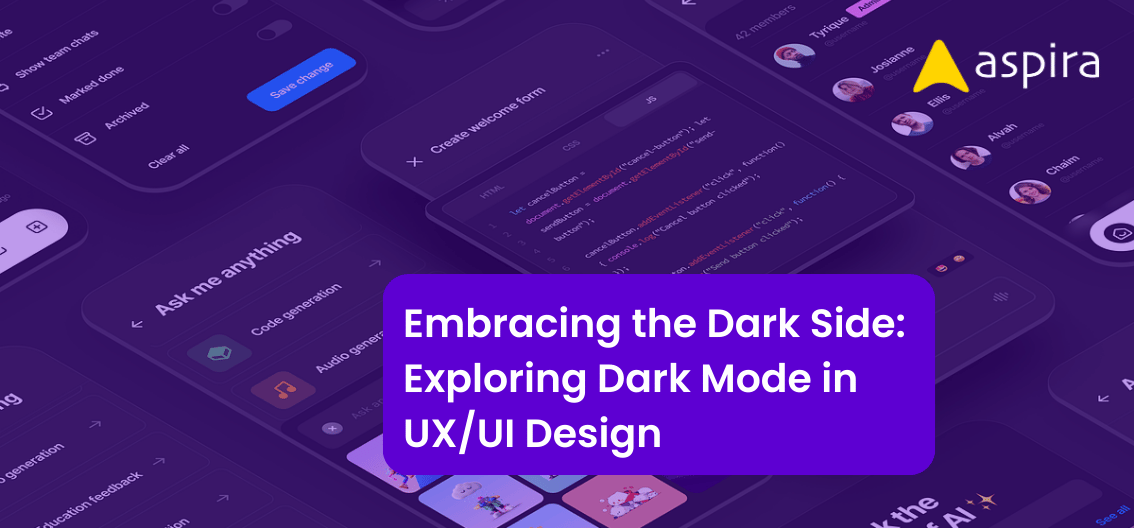UX Design - Mentor & Author.
4 Oct, 2023

No, you don’t have to obtain a UX-related degree in order to become a UX designer. However, it’s generally preferred to have an undergraduate degree in any field because many companies require at least a degree to consider candidates for UX positions. This doesn’t mean that becoming a UX designer without a degree will be easy. You’ll still need to acquire all the necessary skills, such as design thinking, research, persona creation, and more, that are essential for a UX designer. In this article, we’ll explore whether a degree in UX design is truly necessary to become a UX designer and discuss alternative options for aspiring UX designers without a formal design degree. Let’s begin
If you’re concerned about lacking a degree in UX design, there’s no need to worry. Many companies don’t actually require it. Instead, they prioritize either relevant experience in the field or the necessary skills. To get a better understanding, take a look at these two job postings one for an experienced UX designer and another for an entry-level position
Mandatory Skills for UX Design Degree
- Excellent Communication Skills.
- Excellent articulation Skills.
- Portfolio link should be mentioned in a resume
- Worked on Persona.
- Color theory Logic.
- Thorough with UCD process.
6+ years of experience in design Patterns, from user research to lo-fidelity and hi-fidelity mock-ups.
Strong communication skills to articulate design solutions and requirements across varied stakeholders.
Deep project management skills to facilitate the product design from scratch to end.
Knowledge in data-driven design and human centered design and able to apply empathy-first and a “yes, and..”mindset to get stuff done.
Take a look at this job posting for an experienced designer. Interestingly, the company specifically emphasizes the importance of experience without mentioning any requirement for a degree.
Must-Have Gear: What you’ll need to join the team:
- 0-2 years of experience in designing web and mobile applications/platforms.
- Proficiency in design with adobe suite and UI design tools like Figma, Sketch, etc.
- A passion for designing beautiful, usable, and accessible web experiences that will make user say “Wow!”.
- Strong understanding of UX processes and usability principles
- Excellent communication and collaboration skills
- Bachelor’s degree in Design or a related is preferred. But we’ll consider your application even if you’re a self-taught design wizard
Check out this job posting for an entry-level UX designer. Although they mention the preference for a degree. They also indicate that they are open to considering applications from self-taught designers who possess all the necessary skills.
Which degree offers the most suitable foundation for a career in UX design?
Indeed, a degree is not a requirement to enter the field of UX design. However, if you have made the decision to pursue a degree in UX design and find yourself unsure about which specific degree to choose, here are some viable options for you:
UI/UX Design: This degree program focuses specifically on user interface and user experience design, providing comprehensive training in these areas.
Human-Computer Interaction (HCI): This degree program explores the interaction between humans and technology, with a strong emphasis on designing intuitive and user-friendly interfaces.
Product Design: Pursuing a degree in product design can equip you with a broad skill set that includes aspects of UX design, along with a focus on designing physical products.
Psychology: A degree in psychology can provide valuable insights into user behavior and cognitive processes, enhancing your understanding of human-centered design.
Visual Communication and Media: This degree program emphasizes visual design principles and communication strategies, which are crucial in creating effective user interfaces and experiences.
These are a few degree options available for studying UX design. It’s important to consider your location and the universities offering these programs. While not all universities offer a degree in UI/UX design specifically, you can explore other related options as well.
What alternative paths can one take to become a UX designer without a degree?
If you have already obtained a degree and prefer not to pursue further university education, you’re not alone. Many professionals in the industry have taken alternative paths to become UX designers. Let’s explore some of these pathways to enter the field without a degree.
UX Design Bootcamps: These intensive, immersive programs offer focused training in UX design and equip you with the necessary skills in a relatively short period of time.
UX Design Courses in Design Schools: Many design schools and institutes offer specialized courses in UX design that provide comprehensive training and guidance.
Online Courses: Both paid and free online courses are widely available, allowing you to learn UX design at your own pace and convenience. These courses often include interactive assignments and access to industry experts.
Self-Taught Learning: Many successful UX designers have taught themselves the necessary skills through self-study, utilizing online resources, books, tutorials, and practical projects. But this path is riskier than all others, so choose wisely.
These are some of the pathways to entering the field of UX design without pursuing a degree. Each option has its own advantages and considerations, so you can choose the one that suits your preferences and learning style.
Conclusion
By now, you should have gained a clearer understanding of whether a degree is necessary to pursue a career as a UX designer. It is important to note that as long as you can effectively showcase the required skills. Expertise to potential employers, you stand a good chance of being hired. We have also explored degrees that can provide a strong foundation for entering the field of UX design. As well as alternative pathways to becoming a UX designer without a degree. It is crucial to make a wise decision about the path you choose, considering your available resources and time. Remember, while a degree is not a prerequisite, acquiring the essential skills remains vital to establishing yourself as a proficient UX designer.


